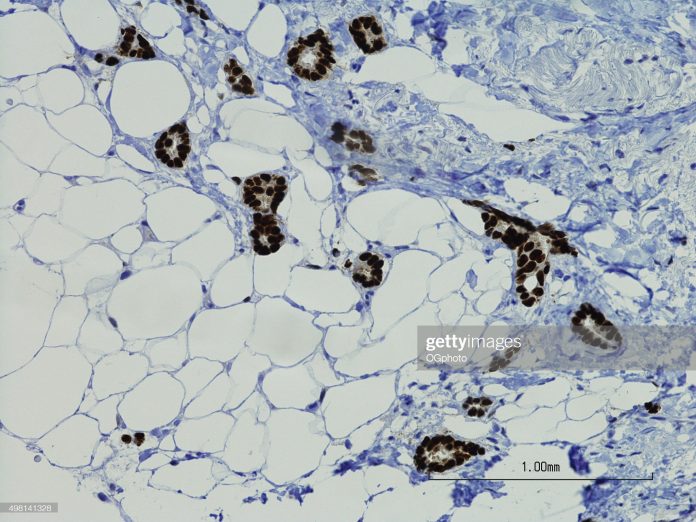
Lymphoma patients in a small, remote-based pilot project of dietary intervention for chronic fatigue mostly stuck with the diet, and the study results were promising. Lingering fatigue is one of the most significant effects after cancer treatment. There is evidence that diet changes can lift energy levels, but such research is notoriously difficult to carry out. Remote-based studies could make it easier to test proposed interventions. And this diet seemed to help
“Up to 60% of [lymphoma] survivors specifically report fatigue that lasts beyond treatment completion,” said Tonya Orchard, lead author of the study and an associate professor in the College of Education and Human Ecology at Ohio State University. “We believe that there are some foods rich in specific nutrients that may help reduce inflammation in the body and help improve fatigue.”
Their research, which was published in Nutrition & Cancer, was carried out by scientists at Ohio State University Comprehensive Cancer Center (OSUCCC) and The Wexner Medical Center.
Chronic fatigue is linked to depression, anxiety, and an overall reduced quality of life. Previously published data suggest that diets rich in lycopene and other carotenoids from colorful foods, certain B vitamins, and omega 3 fatty acids (obtained from foods) can improve patients’ energy levels.
For this study, researchers wanted to know if it was feasible to recruit and retain lymphoma survivors in a remotely delivered nutrition counseling intervention that focused on nutrient-rich whole foods to improve fatigue symptoms. The team recruited 10 patients with diffuse large B-cell lymphoma to participate in a pilot study of a 12-week dietary intervention to reduce fatigue and improve overall diet quality.
All the participants had completed chemotherapy and were in remission for at least two years. Each received one-on-one nutrition counseling from a registered dietitian nutritionist over four weekly and four bi-weekly sessions. They were asked to incorporate whole grains, vegetables, fruit, and fatty fish or plant-based foods with high levels of dietary omega-3 polyunsaturated fatty acid into their diet. Participants also received a booklet with specific food lists to fit each category and guidance about how to use these foods in sample recipes
Specific food goals included eating each day: at least one high vitamin C fruit, one yellow or orange vegetable, one tomato serving, one leafy green serving a day, three servings of whole grains a day, and two servings of omega-3 fatty acid rich foods, whether plant or seafood-based. They used a daily checklist to monitor their progress.
The recommended diet was based on prior research, led by study co-investigator Suzanna Zick, which suggests that such foods improved fatigue in breast cancer survivors.
Results of the study suggest that this remote “telehealth” format was feasible and acceptable for this group of lymphoma survivors. Of the participants, 90% (nine of ten) stuck with the 12-week intervention and met the specific food group intake goals an average of 4.8-6.1 days of the week.
In addition, self-reported fatigue was significantly reduced among participants. The researchers note that this suggests the dietary intervention may effectively reduce cancer-related fatigue, but additional study is needed.
“It may be the synergistic effect of the nutrient-rich foods that create healthful changes in our bodies long term. There is much that we don’t understand about this process yet,” said Anna Maria Bittoni, a dietitian with the OSUCCC and study coauthor.













